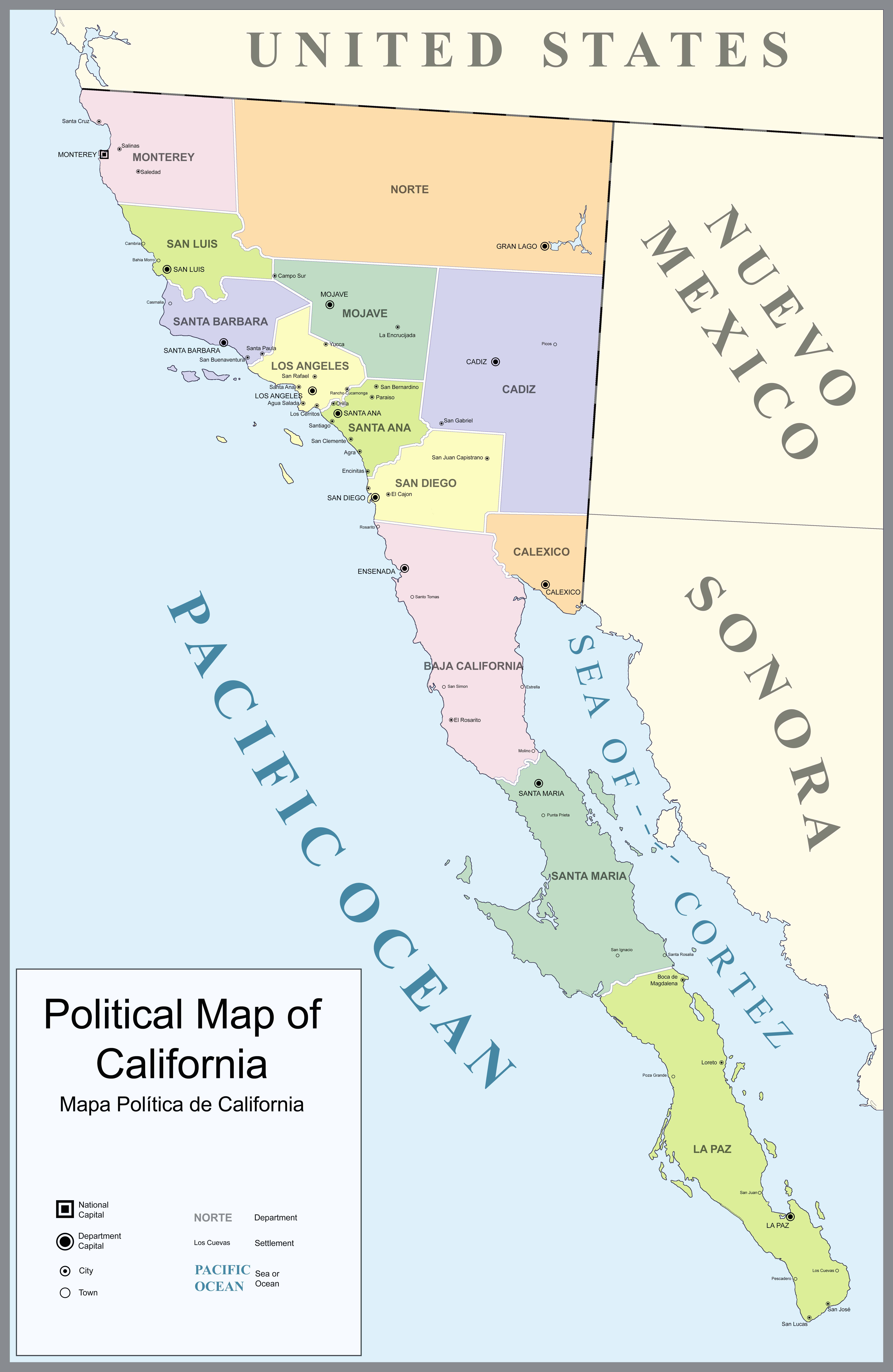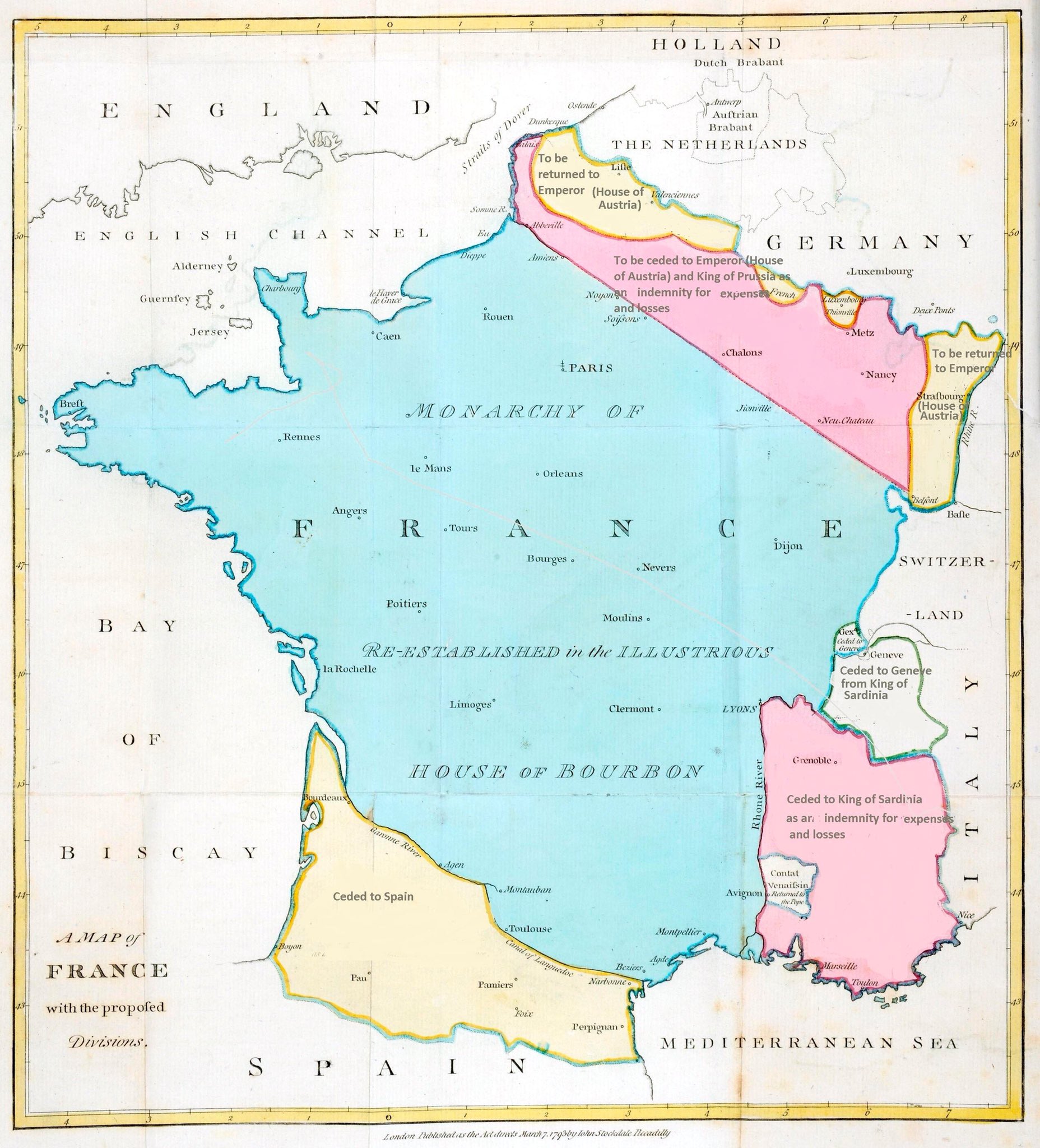@Višeslav ,
@Bennett ,
@mikroraptor
Whatever, I made it anyway:
View attachment 501959
Some observations on the map:
I’m not sure if Luxembourg and Wettin Elsass-Lothringen will be a part of this Germany yet, so I didn’t include them. I don’t think we agreed on Luxembourg being a part of it or not, but IIRC, Wettin E-L will be after the next war.
I remade Galicia with the original border and not that monster I created.
Germany possesses, through Prussia, a notable exclave in Neuchatel.
I tried to make the Republican Provinces as realistically as I could. However, I’m hoping for suggestions regarding them. Smaller, larger, more, less? I can easily edit the map and I’m not that attached to them.
I’ve got a list of names and capitals for the Republican Provinces, but I don’t think that will be necessary until we define with more precision which will be the provinces. I have several proposals for them.
By the way, Thüringen’s provinces are just me lumping together some of the micro-states in the area and separating them by the largest cities in current Germany (I distrust me in this so please correct me if I’m wrong).
I tried to eliminate as many enclaves and exclaves as I could since I think the republican government would try to simplify things and to get rid of as much of the legacy of the HRE as possible while at the same time deriving some legitimacy from it. There are some enclaves remining though. Mainly those of the Kingdoms that didn’t grant entire states to the republicans (aka, everyone but Prussia).
I can easily edit those enclaves out with or without compensation by the same amount of area to the original owners.
I also have several proposals if we want to break down the Prussian Provinces/States (I don’t recall what they were called exactly, sorry) both into smaller ones inside the Kingdom as the population grows and outside it as the Kingdom is finally abolished and the Republican system takes over (with a ceremonial monarch of course).
I got two suggestions about connectivity between some areas:
1.- The first one is to grant the Bavarian Palatinate to the republican government.
2.- The second one is a much smaller one and consists on making a small corridor to connect the republican provinces of Mecklenburg to the republican provinces of Anhalt.
Prussia rearranged the borders of the Provinces of Brandenburg and Schlesien to add slightly more territory to them in detriment of the Province of Saxony and Anhalt, which was then turned to the republican government.
Posen/Poznan Province is part of the republican government but also more autonomous. I left it that way so we could later change its fate more easily, for example, if it wanted to abandon the union and be part of a future Polish State.





